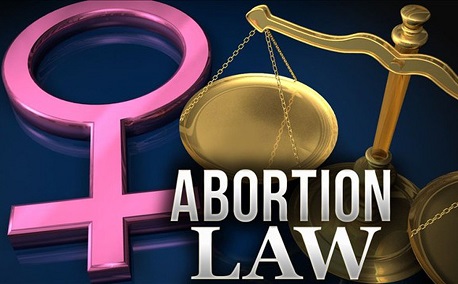
Rep. Ken Fleming, R-Louisville, filed legislation Monday to change the conditions where an abortion could be legally performed in Kentucky and include exceptions for victims of rape and incest.
“We all encounter difficult heart-wrenching decisions in life. As a father of two daughters, I have always supported them financially, emotionally, and especially spiritually,” he said. “With them on my mind and in my heart, exceptions for life-saving measures for the mother and in cases involving rape or incest should be included in our state’s abortion law. HB 711 leaves the abortion law intact while allowing exceptions for life of the mother and for rape and incest.”
Current statute allows for an abortion to be legally performed if a physician determines it is necessary to save the life of the mother or to prevent disabling injuries. That language would remain under Fleming’s proposal, and exceptions would be added for victims of rape and incest if the abortion can be performed no later than six weeks after the first day of the woman’s last menstrual period.
The bill would also clarify that abortions may be performed to remove a dead unborn fetus, an ectopic pregnancy or incomplete miscarriage, or in cases of a lethal fetal anomaly.
HB 711 also includes a provision that would create a process for physicians to document the circumstances surrounding an abortion performed under state law.
The only other exceptions bill filed by a Republican since abortion was outlawed was in 2023 by Rep. Jason Nemes, the majority whip. His bill did not even receive a committee assignment.
Fleming’s bill may have a similar tough road to gain even a committee assignment in the House.
Abortion has been illegal in Kentucky since June 2022 when the U.S. Supreme Court overturned Roe v. Wade to put the state’s trigger law into place. Abortion is banned unless the medical procedure is necessary to prevent the death of substantial risk of death or to prevent the serious permanent impairment of a life-sustaining organ of a pregnant woman.
Also, a separate six-week ban – the fetal heartbeat law – took effect when Roe fell. It bans abortion after fetal cardiac activity is first detected, usually around the sixth week of pregnancy.
By Mark Maynard, Kentucky Today








